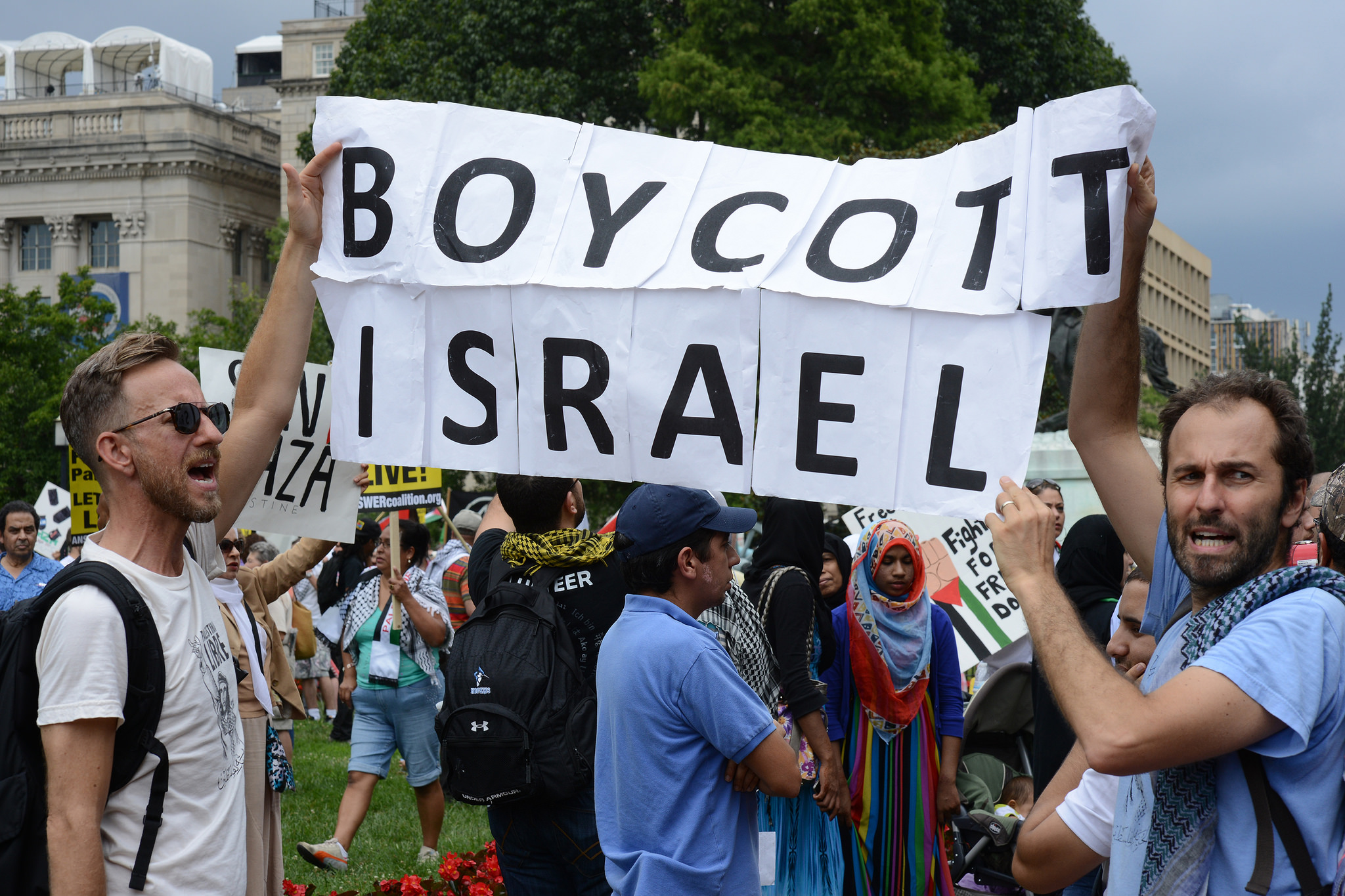Originally published at MintPress News.
JERUSALEM — Ten years after Palestinian civil society put out the original call to action, the Boycott, Divest, and Sanction (BDS) movement has become a global force. With Israel and its supporters now spending millions to prop up the country’s public image, it’s hard to deny the changes these activists have created through global solidarity.
First published July 2005, the original BDS letter was signed by over 170 global human rights organizations as well as unions, political parties and other associations based in Palestine. A year after Israel continued building its Gaza wall, despite the objections of the United Nations and international courts, and with illegal Jerusalem settlements similarly continuing to expand, there seemed no other choice than to target Israel’s finances directly. The movement is modeled after similar, successful efforts to boycott supporters of South Africa’s racist apartheid regime, and the BDS movement counts high profile fighters of apartheid like Desmond Tutu among its supporters.
Below are five of the biggest achievements of the last 10 years:
Artists cancel Israel visits: From comedians to Cirque du Soleil, almost every artist feels the pressure of the BDS movement today. Even though some celebrity tours of Israel continue, these campaigns bring new awareness to Israel’s repeated human rights violations. Musicians from across genres have joined the boycott, with high profile cancellations including Lauryn Hill, Gorillaz, Talib Kweli and Neil Young among many others.
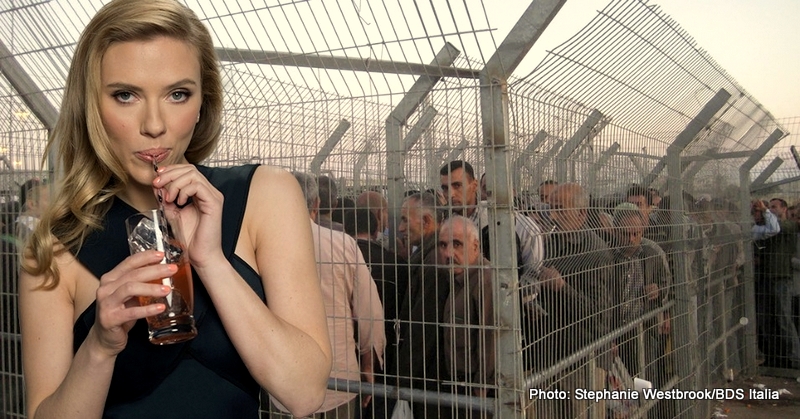
Successful product boycotts: When it comes to products, the BDS movement’s biggest victory has been against the Sodastream company, which was forced to relocate its West Bank factory in October after a lengthy, successful boycott. Other campaigns target Sabra and Tribe hummus, Coca-Cola and many other products.
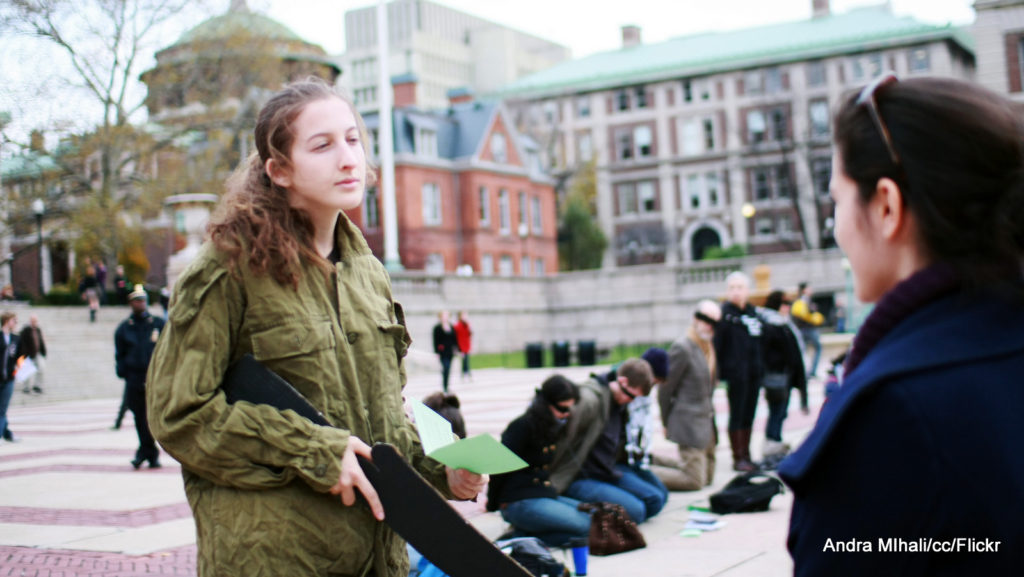
College campuses vote for divestment: Even according to pro-Zionist sources, 2014 was a record breaking year for the BDS movement, with 15 campuses passing resolutions supporting divestment from Israeli investments, up from 13 the previous year. Supporters of campus divestment now include groups as diverse as the American Muslims for Palestine and the Quakers’ American Friends Service Committee, while the opposition has been forced to create propaganda associating BDS with anti-semitism.
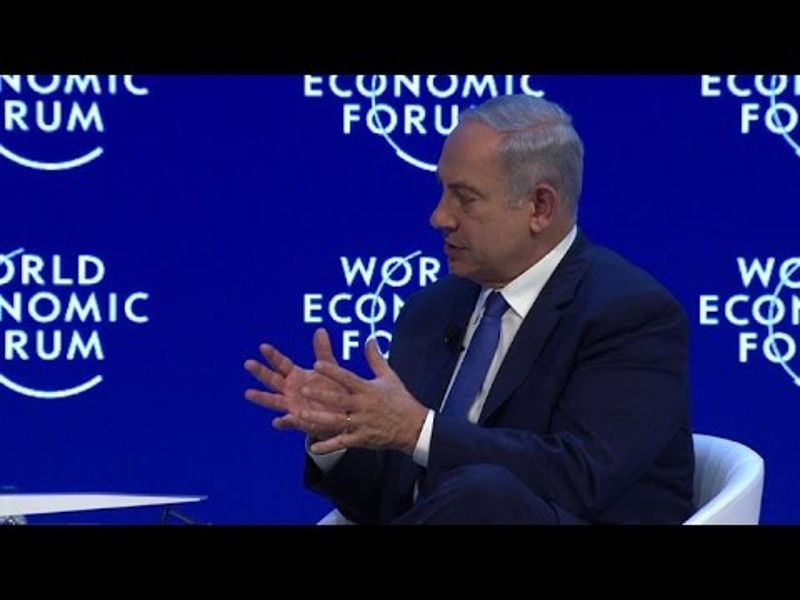
Politicians are showing their true colors: The voting public is increasingly aware that most politicians and every major presidential candidate supports Israeli apartheid. While courting Israeli mega-donor Haim Saban, Hillary Clinton penned a fiery letter opposing BDS while even “maverick” Republican candidate Rand Paul dehumanizes Palestinians as part of his platform. Despite Western opposition, countries like France, Sweden, and even the Vatican recently voted to recognize Palestine.
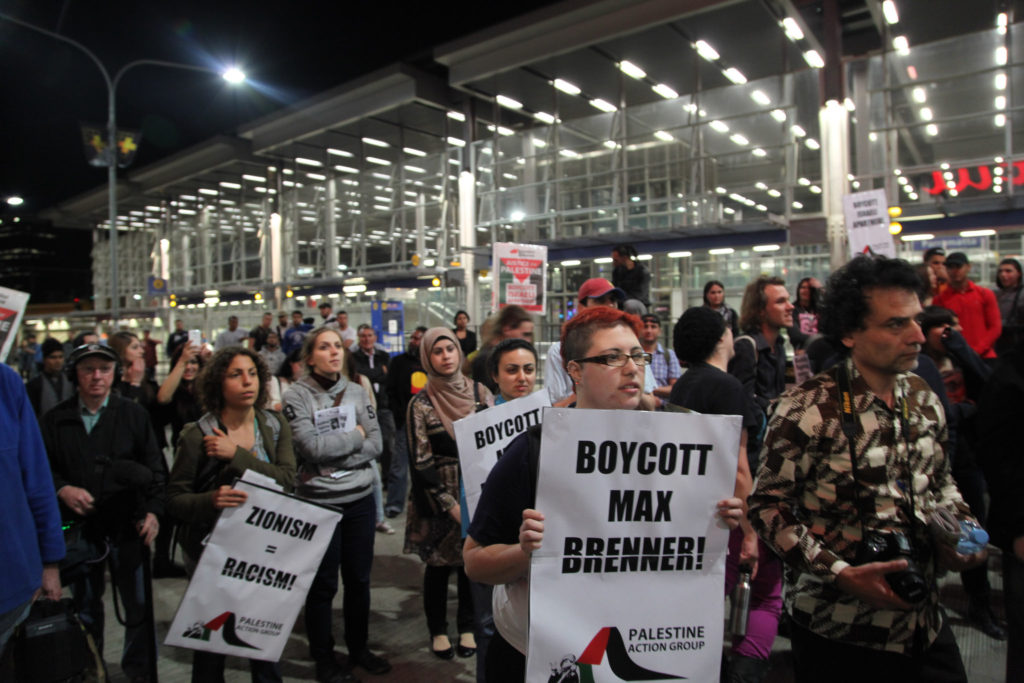
Israel is feeling the pressure: The BDS movement is so powerful today that some of the wealthiest political donors in the U.S. are spending millions, perhaps even billions, to oppose the growing, global understanding that Israel’s war crimes and flagrant violations of international law must be stopped. Israel is so desperate to stop the growing success of the BDS movement that it’s even considering lawsuits, and allocated about $26 million to fight back in an emergency anti-BDS summit in June.
From the original, July 9, 2005 letter, “Palestinian Civil Society Calls for Boycott, Divestment and Sanctions against Israel Until it Complies with International Law and Universal Principles of Human Rights”:
In light of Israel’s persistent violations of international law; and
Given that, since 1948, hundreds of UN resolutions have condemned Israel’s colonial and discriminatory policies as illegal and called for immediate, adequate and effective remedies; and
Given that all forms of international intervention and peace-making have until now failed to convince or force Israel to comply with humanitarian law, to respect fundamental human rights and to end its occupation and oppression of the people of Palestine; and
In view of the fact that people of conscience in the international community have historically shouldered the moral responsibility to fight injustice, as exemplified in the struggle to abolish apartheid in South Africa through diverse forms of boycott, divestment and sanctions; and
Inspired by the struggle of South Africans against apartheid and in the spirit of international solidarity, moral consistency and resistance to injustice and oppression;
We, representatives of Palestinian civil society, call upon international civil society organizations and people of conscience all over the world to impose broad boycotts and implement divestment initiatives against Israel similar to those applied to South Africa in the apartheid era. We appeal to you to pressure your respective states to impose embargoes and sanctions against Israel. We also invite conscientious Israelis to support this Call, for the sake of justice and genuine peace.
